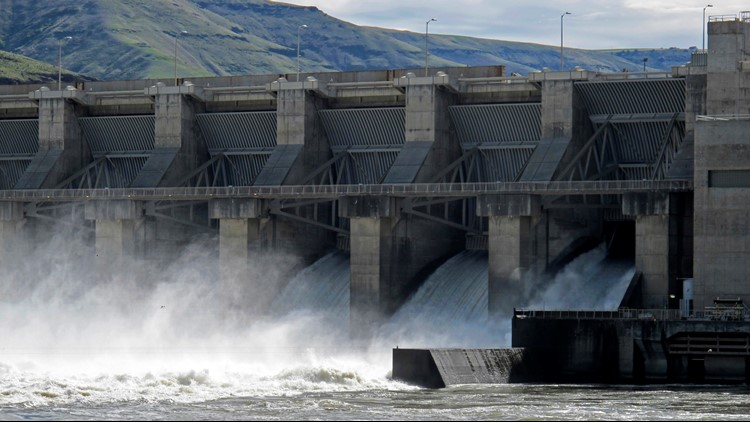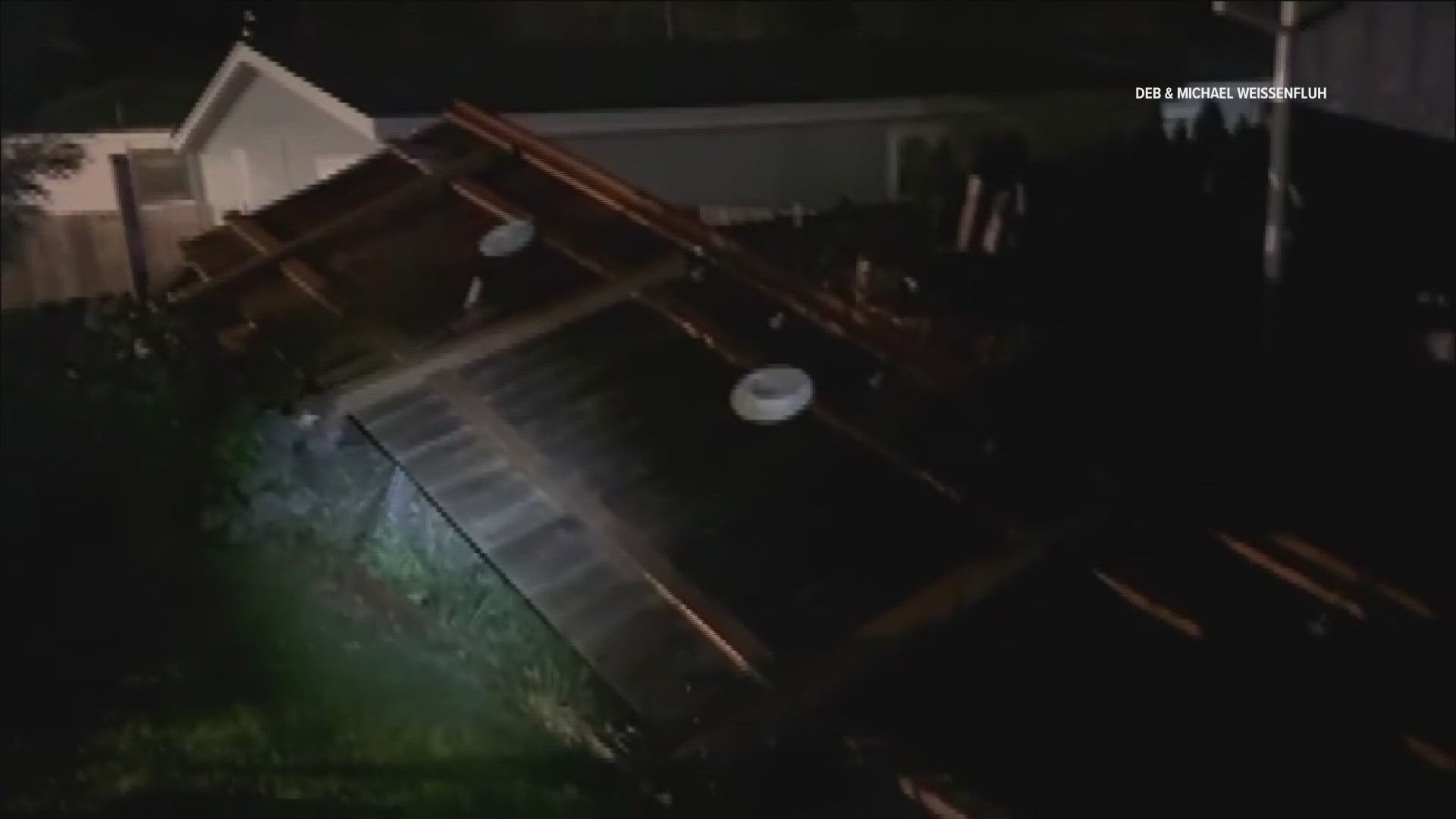LEWISTON, Idaho — A controversial new study challenges long-standing science that pins salmon declines in the Snake River Basin on dams.
The Lewiston Morning Tribune reports the work by British Columbia scientist David Welch puts the blame for poor returns of adult Snake River spring and fall chinook salmon on conditions in the Pacific Ocean instead of the dams. The study argues that chinook runs from California to Alaska have suffered similar declines.
Welch's work, funded by the Bonneville Power Administration and published in the journal "Fish and Fisheries," argues that since chinook runs in rivers with pristine freshwater habitat and those with highly degraded habitat have suffered similar declines, the problem must be in the ocean.
Welch and his colleagues looked at data from chinook runs up and down the West Coast of North America and worked to establish and compare smolt-to-adult return rates for each of the runs.
Welch and his colleagues found that since the late 1970s, chinook returns have generally declined by about two-thirds in much of the study area and that the survival rate of chinook that return to the Snake River is nearly identical to the survival rate of those that return to undammed rivers in the Puget Sound.
Efforts to recover the fish should concentrate on the ocean and not on freshwater, Welch told the newspaper.
"I'm not looking to stir the pot for no reason. I think there are some serious public policy questions here," he said.
The study is being trumpeted by supporters of the four lower Snake River dams and critiqued by salmon advocates and some scientists who have long argued the dams should be breached.
Charlie Petrosky, a retired Idaho Fish and Game research biologist who has written several papers on delayed mortality, said he has concerns with Welch's work. Petrosky thinks the study sets up a false dichotomy between freshwater and the ocean.
"All of the studies I have been involved with show (smolt-to-adult return rates) are a function of both," he said.
There is ample evidence that the Snake and Columbia dams have a negative impact on salmon and steelhead, he said.
"There is undoubtedly very broad-scale ocean patterns – warming oceans – that are definitely not good for survival," he said. "But to brush off the effects of what happens as fish are migrating through an altered system I think is very misleading."



